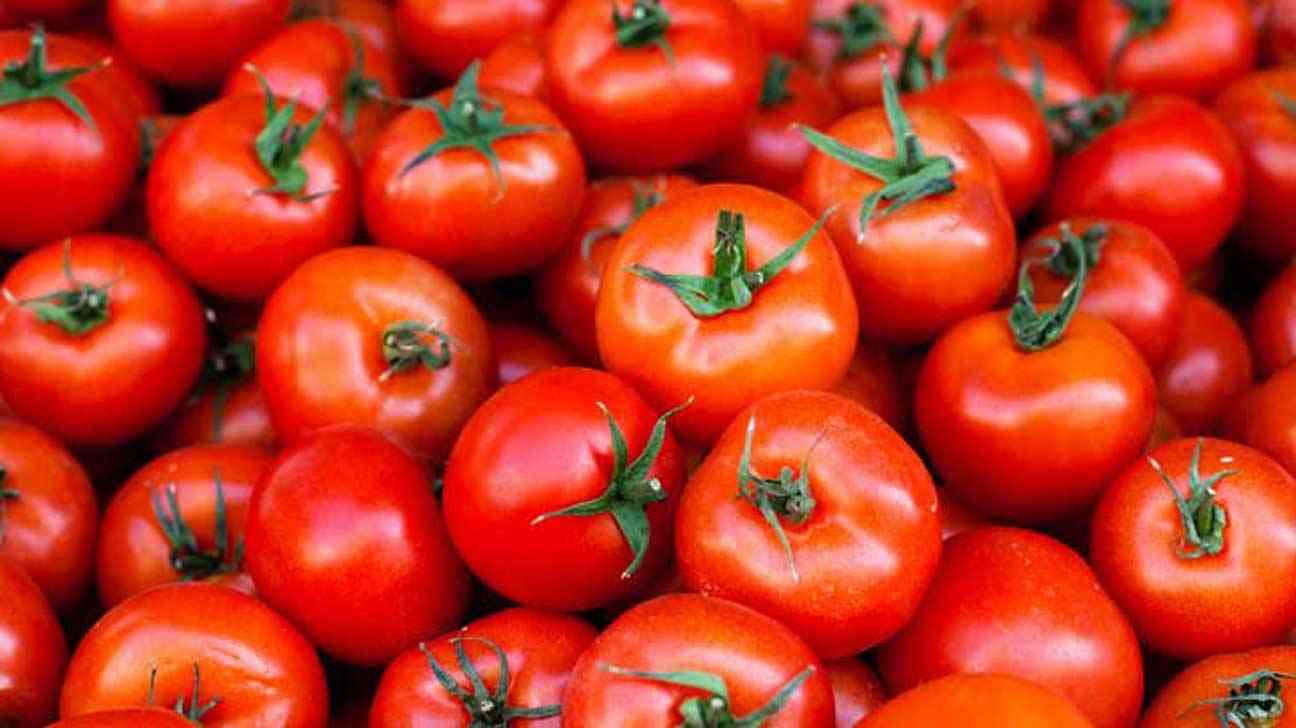
THE Agricultural Marketing Authority (Ama) says Zimbabwe has been flooded by smuggled tomatoes, threatening to push local farmers out of business.
In a new survey, Ama revealed that smuggled tomatoes were being shipped from countries such as Zambia.
This was confirmed on Thursday by vegetable traders at fresh produce markets across Harare, who said there were more tomatoes from Zambia than locally produced ones.
Ama said smuggled tomatoes were expensive.
"There is no justification for Zimbabwe to import tomatoes from its northern neighbour given that the country is endowed with good soils and climatic conditions suitable for tomato growing," Ama said in an article on its website.
"Someone vented his frustrations on social media after buying four tomatoes for US$1 from a vegetable vendor in a leafy Harare suburb. The vendor justifies her prices, saying the tomatoes were imports from Zambia," Ama added.
The agency said it was important for Zimbabwe to accelerate its import substitution drive to save foreign currency spent on the importation of produce like tomatoes.
"Smuggling tomatoes into Zimbabwe is tantamount to shooting ourselves in the foot. It implies that we are exporting jobs to other countries and (losing) the much-needed foreign currency," Ama said.
- Chamisa under fire over US$120K donation
- Mavhunga puts DeMbare into Chibuku quarterfinals
- Pension funds bet on Cabora Bassa oilfields
- Councils defy govt fire tender directive
Keep Reading
"There is no doubt there is a ready market for tomatoes in Zimbabwe because the fruit forms part of every meal. The fruit can be used in salads and cooked with relish. Cultivars grown for processing are canned and made into purees, sauces or juices."
Official data shows that in 2020, Zimbabwe imported two tonnes of tomatoes.
During the same period, the country exported four tonnes after producing 25 113 tonnes.
In 2016, Zimbabwe imported 102 tonnes of tomatoes valued at US$106 000. Zimbabwe’s highest tomato production was in 2015 when it produced 25 323 tonnes from 3 508 hectares.
Globally, major producers of tomatoes are China, India, Turkey, US, Egypt and Italy.
The global average production for tomatoes from 2015 to 2020 was 216,3 million tonnes.
"That tomatoes are nutritious could be another reason why they are in demand all-year round. They are rich in vitamins, carbohydrates, protein, fat, among others," Ama said.
"Tomatoes are juicy and sweet, full of antioxidants, and may help fight several diseases. They are especially high in lycopene, a compound linked to improved heart health, cancer prevention, and protection against sunburns."
Since tomatoes are perishable, before one decides to venture into tomato farming, there is need to think about the market, Ama said.
"Is it in the village, at a growth point or in town? How are you going to get your tomatoes to the market? Farmers also need to think of the costs of production, seeds, fertilisers, and pest and diseases control chemicals against the price obtainable on the market.
"Tomato planting is usually around April and March. Tomato farming is very simple as it can be carried out at any capacity, either at the backyard (in urban settings), plot and farm (for commercial purposes)," the agency noted.
Major varieties grown in Zimbabwe are Roma VF, Tengeru 97, Star 9006, RoyalePlus, Rodade, Daisy F1, Supersweet F1, Thomas F1, CandellaF1, Akella F1, Alambra F1, Perseo F1 and Vectra F1, among others.
Follow us on Twitter @NewsDayZimbabwe






